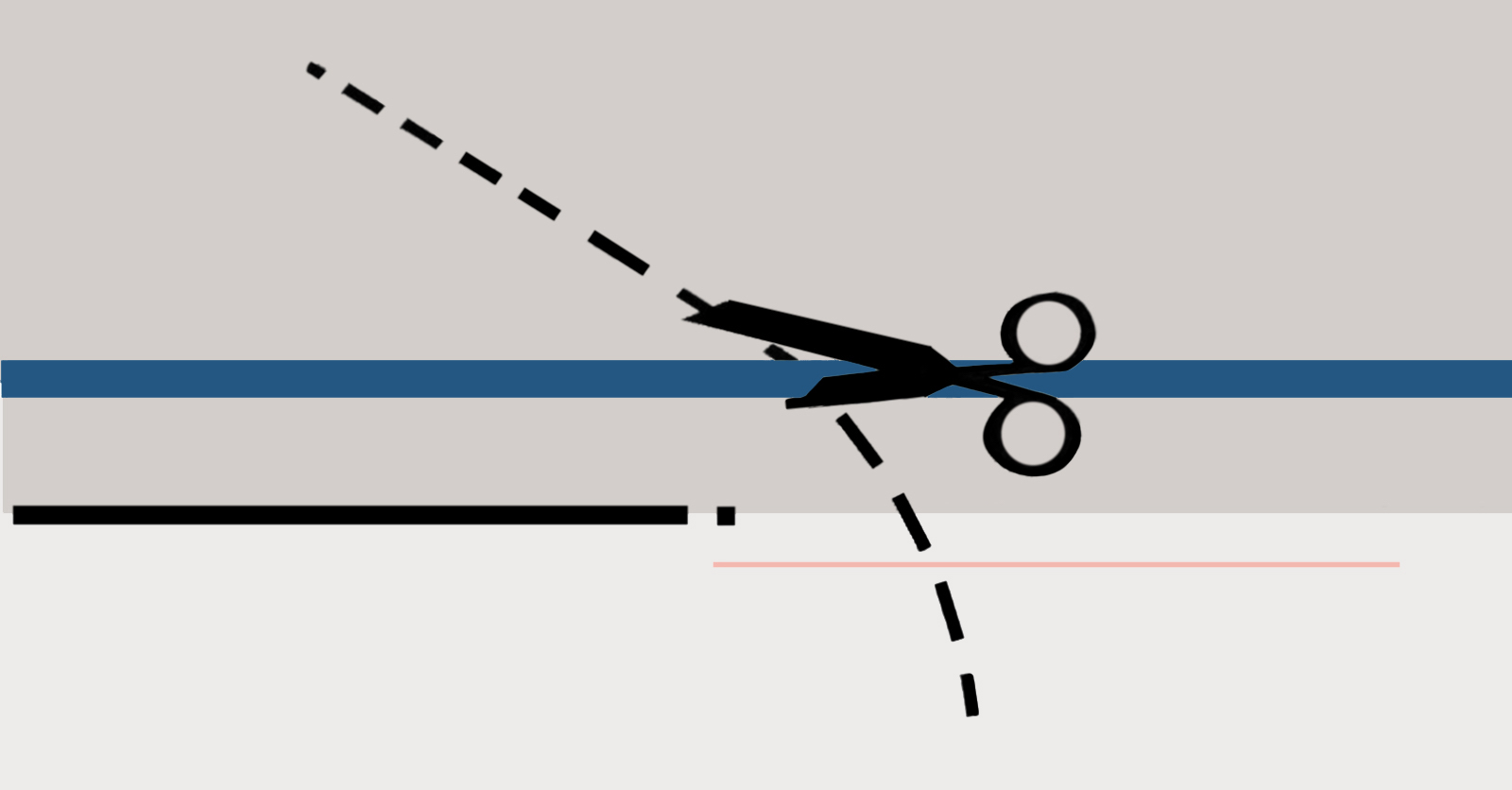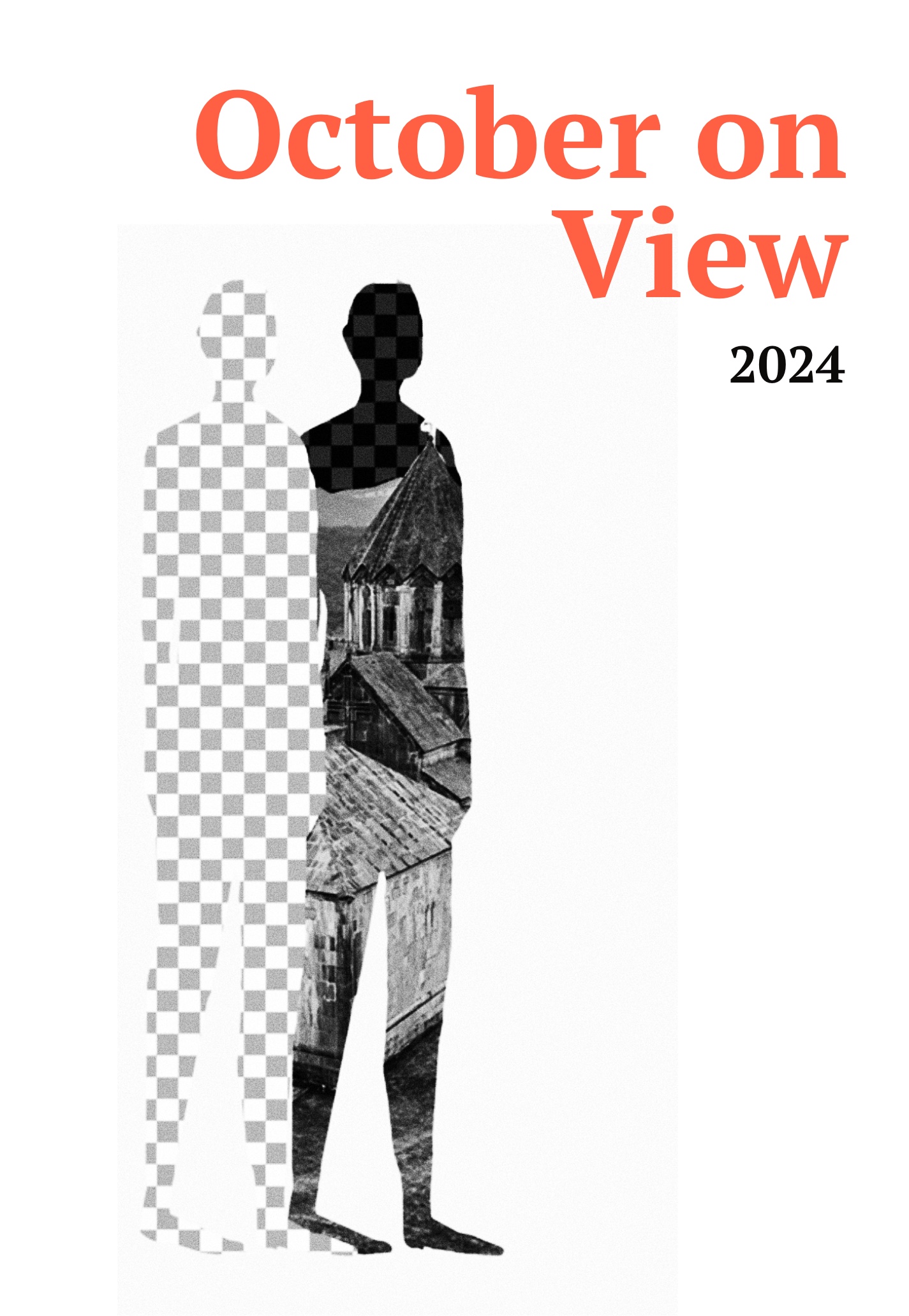
Listen to the article.
This article was updated on November 27.
On the evening of Sunday, November 17, Armenian media reported the dismissal of several senior officials. The following morning, Prime Minister Pashinyan confirmed the reports in a social media post while on a visit to the Vatican. He said that he had asked “several high-ranking officials to step down,” insisting that the reasons were “not personal but systemic,” and had been publicly addressed.
Among these officials dismissed by Pashinyan included the Supreme Judicial Council chair Karen Andreasyan, Investigative Committee chief Argishti Kyaramyan, Anti-Corruption Committee chief Sasun Khachatryan, Interior Minister Vahe Ghazaryan, Territorial Administration and Infrastructures Minister Gnel Sanosyan, and State Revenue Committee chief Rustam Badasyan. Among the six, the first three—the Supreme Judicial Council, the Investigative Committee, and the Anti-Corruption Committee—are, at least nominally, independent bodies, while the rest are either directly or indirectly subordinate to the Prime Minister.
This series of dismissals is unprecedented in recent memory. There were also initial rumors suggesting that Defense Minister Suren Papikyan may also resign, but these were quickly refuted.
Pashinyan voiced fierce criticism of law enforcement and the judiciary in a cabinet meeting on November 15. Addressing judicial and law enforcement officials, Pashinyan said: “My patience has run out. I am telling you all directly.” Pashinyan specifically said these agencies have failed to end injustice in Armenia and that reforms under his rule have not produced sufficient results. He further complained of slow progress on illicit asset seizures and protracted trials.
The first to announce their resignation on the morning of November 18 was Karen Andreasyan, who has headed the Supreme Judicial Council since October 2022. In that role, he oversees Armenia’s court system. In a social media post, Andreasyan said while “on the surface, everything seems clear,” he does not “wish to disclose the deeper reasons” of his resignation. He claimed to have brought the “judicial system out of a disgraceful crisis” and “laid the foundation for dozens of institutional reforms,” which will show results “within a year or two.”
Kyaramyan, who has held a myriad of posts under Pashinyan, also resigned in the morning. In a statement, he said his decision “stems from internal reassessments arising from the situation surrounding the recent activities of the broader law enforcement system.” Kyaramyan, 33, has previously headed the State Oversight Service, then was transferred to head the National Security Service in June 2020, a post he held during the 2020 Nagorno-Karabakh War. He was appointed head of the Investigative Committee in July 2021.
Kyaramyan came under the spotlight a month earlier, when he was engaged in a public spat with pro-government deputy Hovik Aghazaryan. Another senior pro-government deputy described Kyaramyan’s remarks as “thuggish talk”.
Sasun Khachatryan, who has headed Armenia’s Anti-Corruption Committee since 2021, resigned quietly without issuing a statement. Before this recent post, Khachatryan headed the Special Investigation Service, the agency’s predecessor.
Rustam Badasyan, head of Armenia’s tax authorities, the State Revenue Committee, had been in the post since 2021, after serving as Justice Minister for two years. He said in a statement addressing taxpayers that his work in “ensuring more accessible services and in strengthening tax discipline” has yielded results.
Another key minister, Gnel Sanosyan, who oversees infrastructures and territorial administration, said he oversaw “large-scale” programs “aimed at improving community life, as well as the construction and renovation of new infrastructure” during his tenure. He was previously governor of Gegharkunik, his home region, from 2018 to 2021.
Interior Minister Vahe Ghazaryan had held the post since early 2023, when the ministry, which encompasses the police, was reestablished. Prior to that, he was Armenia’s police chief from June 2020. Ghazaryan is a childhood friend of Pashinyan with both being natives of Ijevan. In a statement, he said his tenure saw a “difficult phase of profound and comprehensive reforms” and “vast achievements”. Civil society organizations often criticized Ghazaryan for resisting reforms, suggesting that Ghazaryan tolerates “patronage and other forms of corruption.” One civil society leader argued that police reforms have failed in transforming the public perception of police from a “truncheon held by the state” to a “provider of services to the citizens.”
Ghazaryan’s replacement was the first to be officially announced. Pashinyan revealed on November 20 that Arpine Sargsyan, who has been deputy minister since the ministry was reestablished in early 2023. She was, prior to that, for nearly two years, deputy Minister of Justice. In both posts, the 30-year-old was mostly seen as being tasked with carrying out and overseeing reforms.
It is noteworthy that Sargsyan will be the fourth woman in Pashinyan’s cabinet and the sixth woman to hold a key position in the government overall. Besides her, Armenia’s Foreign Intelligence chief, the Prosecutor General, and the ministers of Health, Education and Science, and Justice are now women.
Also on November 20, Pashinyan announced that he will appoint Davit Khudatyan, the current governor of Armavir as Minister of Territorial Administration and Infrastructures. The 33-year-old Khudatyan was mayor of Armavir, the regional capital, from 2018 until early January this year.
In addition to these six officials, Narek Zeynalyan, a member of parliament from Pashinyan’s Civil Contract party, also stepped down. Another deputy, Hovik Aghazaryan—who was involved in a widely publicized altercation in parliament with Investigative Committee Chief Argishti Kyaramyan—is expected to resign as well. Aghazaryan is under investigation for potential corruption, while Zeynalyan’s involvement in the situation remains unclear.
Updated
In a November 22 interview with Public TV, PM Nikol Pashinyan addressed these resignations. He said the reasons behind “personnel changes” have already been publicly discussed, but again insisted that these are “not personal but rather linked to systemic issues” and are “professional in nature.” While he praised reforms carried out at these agencies, he argued that a “point inevitably comes when leaders who drive changes may—perhaps inevitably—become part of the system itself. When this happens, the pace of reforms often slows.” He suggested the “sharpness of vision may fade” in such leaders and “decisive actions are avoided.”
Asked whether the resignation of Karen Andreasyan, the chair of the Supreme Judicial Council undermines judicial independence, Pashinyan argued that he did not “urge” officials to resign, but only “asked” them to do so, implying that they could refuse. He also insisted that the Prime Minister has “the political, moral, and legal right to make such a request.”
Pashinyan said he will nominate Artur Poghosyan to head the Investigative Committee. Poghosyan has been Deputy Prosecutor General and Deputy Military Prosecutor since September 2022. Before that, for more than two years, he headed the investigative department of the National Security Service. He said he has several candidates to head the State Revenue Committee, which will be announced shortly.
Lastly, Pashinyan said he had asked for the resignation of Argishti Kyaramyan, and parliament deputies Narek Zeynalyan and Hovik Aghazaryan, but the latter has so far rejected the request. “I hope that my request will not go unanswered, because, again, I emphasize, the issue is not personalized here. The issue is systemic, and we need to reassess our perceptions, attitudes, and approaches toward our state and its institutions, and this applies to all of us,” he added.
On November 26, Pashinyan announced the appointment of Eduard Hakobyan, the incumbent Deputy Finance Minister, as head of the State Revenue Committee. The 33-year-old Hakobyan has held the post since December 2022. He had previously served, for four years, as head of the Finance Ministry’s macroeconomic policy department.
In a social media post the same day, Pashinyan said those nominated or appointed to senior positions fall into two groups. The first are members of the 2018 Velvet Revolutionary team “who have passed through the electoral filter, gained the trust of the people, and effectively utilized that trust,” while the second are individuals who were already working in the state governance system at the time of the revolution, and who thereafter “received greater opportunities to realize their potential” and “effectively utilized those opportunities, demonstrated the necessary alignment with the ideology of the ruling majority, and became part of the governing team founded on the values of the 2018 People’s Nonviolent Velvet Revolution, the Real Armenia, statehood, sovereignty, and independence.”
The last vacancy was filled on December 2. After a failed attempt on November 28, the Supreme Judicial Council unanimously elected 42-year-old Artur Atabekyan as its chairman. He has been a member since April 2023 and has served at the Bankruptcy Court and the Court of Cassation. Atabekyan was seen as Pashinyan’s preferred candidate. According to media reports, he is the nephew of Vahe Ghalumyan, a parliament deputy from the ruling party and a friend of Pashinyan, who both hail from Ijevan. His brother, Hayk Ghalumyan, has been governor of Tavush since 2021.
Another notable appointment was the promotion of Armen Ghazaryan, head of Armenia’s Migration Service since 2018, to Deputy Minister of the Interior.
News Watch
Armenians Anxious on Security, Lukewarm on Peace Talks, Favor EU
A recent public opinion poll conducted by the International Republican Institute in Armenia highlights consistent public sentiments from their previous survey in December 2023 while uncovering some notable shifts, particularly in foreign policy views. Hovhannes Nazaretyan breaks down the findings.
Read moreFrom November 9 to Article 9: The Anatomy of a Ceasefire Statement
Russia and Azerbaijan's failure to uphold key commitments in the November 9 trilateral statement, which ended the 2020 Artsakh War, resulted in the ethnic cleansing of Nagorno-Karabakh's Armenian population. Four years on, one particular article continues to fuel tensions in the region.
Read moreRevisiting the U.S. Response to the 2020 Artsakh War
The Trump administration’s response to the 2020 war reflected a blend of traditional U.S. neutrality as a mediator and Trump's characteristic populist rhetoric, which appeared partly aimed at appealing to Armenian-American voters during the U.S. presidential election campaign that year.
Read moreIran Challenges Russia’s Stance on the “Zangezur Corridor”
Remarks made by Russia’s Foreign Minister Sergei Lavrov in Baku on August 19 triggered a wave of strong reactions from Iran, underscoring the conflicting views Moscow and Tehran hold on a key regional issue.
Read more





